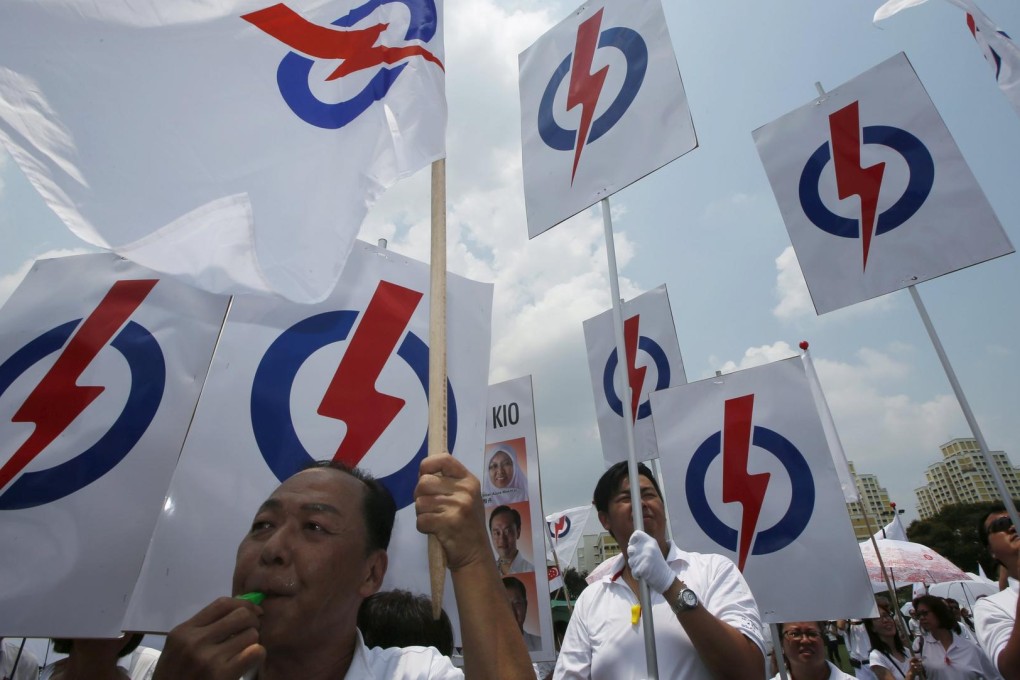Singapore election result is foregone conclusion but can one party satisfy post-Lee Kuan Yew Singapore?
Singaporeans head to the polls today for the first time since the death of their first prime minister.

Singapore heads to the polls today for the first time since Lee Kuan Yew died, with all eyes on whether the country will take further steps away from the one-party-dominated system that was built and entrenched by the late leader.
Six months after the death of the city-state's first prime minister, the ruling People's Action Party (PAP) he founded is expected to win comfortably, just as in the previous 11 general elections since independence. It has been in power for 56 uninterrupted years and its formation of the next government is a given.
Of greater interest will be the number of parliamentary seats the party will lose.
"The most important thing is to ascertain if opposition presence in parliament has grown," observer Terence Chong, from the Iseas-Yusof Ishak Institute, explained.
The current make-up is 80-7, with all seven minority seats held by the Workers' Party (WP). It is an outfit set up in 1957 to agitate against British colonial rule, not unlike the PAP.
The WP made a breakthrough in the last general election in 2011, winning one of the multi-seat wards for the first time.
These Group Representation Constituencies (GRC) were seen as strongholds of the PAP and usually led by a cabinet minister or two. That defeat four years ago led to the ruling party losing three ministers. The question is whether the WP can build on that breakthrough.
